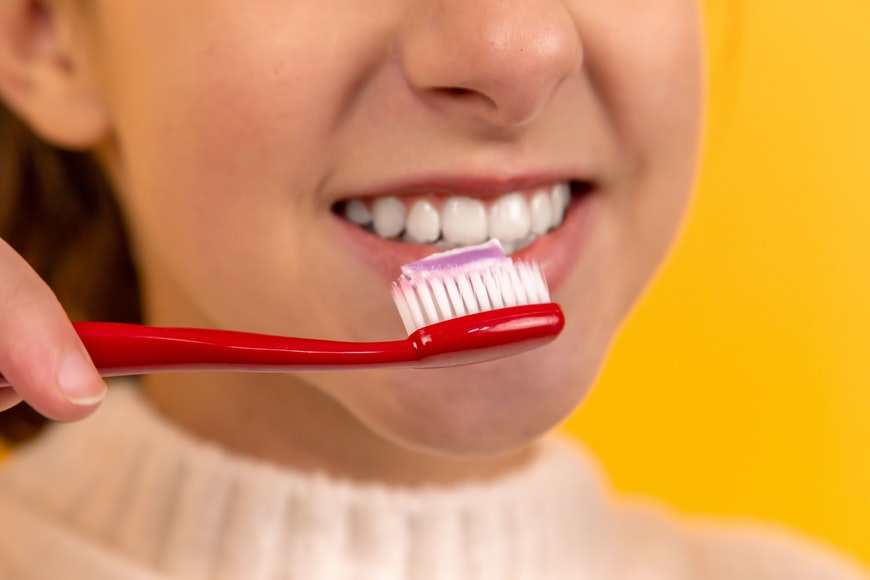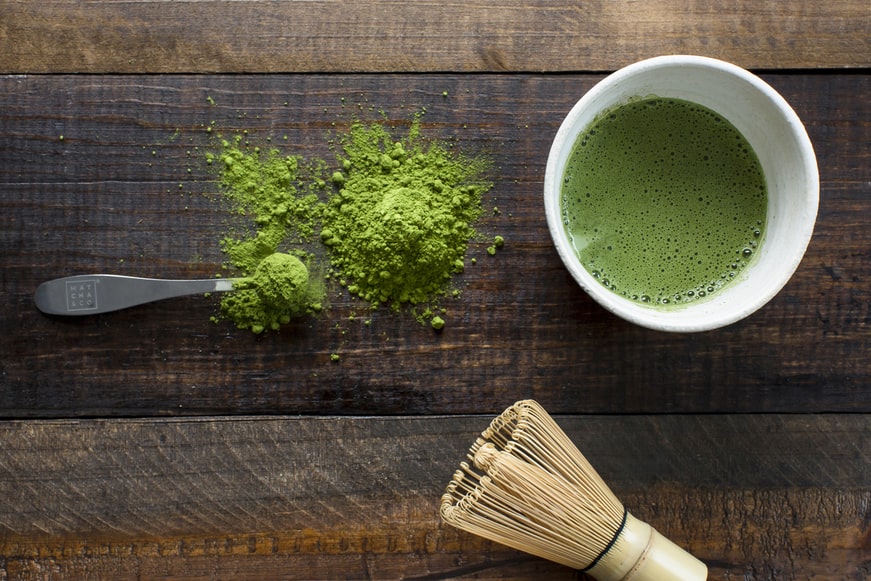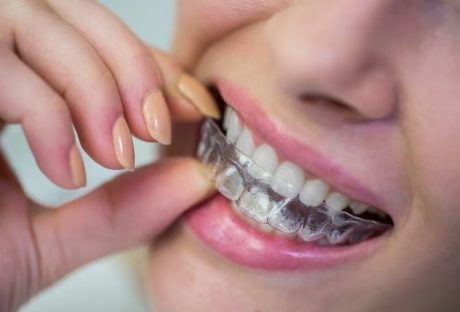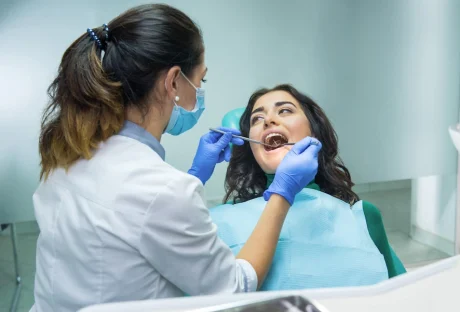As delicious as garlic bread is, it does leave a tangy aroma that follows you around for a while. If you love nothing more than fresh spring onions with your salad, people would certainly know what you’ve been eating! Your breath deserves freshness and overeating garlic and onion can spoil your breath.
As we approach another Christmas and New Year, you can expect to be enjoying some spicy food. Here are a few tips for fresh breath after consuming garlic or onions.
1. Apple & Fresh Mint –
No one knows exactly why apples and mint leave work as well as they do at removing the pungent smell of garlic and onions. If you have some crispy apples, eat one after your meal; this will effectively null the smell. Cooked apple is also effective at dispersing the aroma of onion and garlic from your breath.
2. Antiseptic Mouthwash –
The longer you swill with antiseptic mouthwash, the better. Some people carry a little hip flask, which isn’t filled with whisky, and that allows you to swill when out and about. As soon as you have finished your food, go for swill and that will have a positive impact on your breath.
3. Essential Oils –
Adding a tiny amount of essential oil to an alcohol-based mouthwash will certainly aid in the fight to kill bad breath, while these amazing essences are also healthy in many other ways. If you are in need of a dental check-up, try one of the dentists North Shore, Sydney has or a dental clinic in your location.
4. Tongue Cleaning –
Some of the garlic or onion residue will be present on the tongue and a session with a tongue scraper is advised. The correct way to use such an implement is to start at the back and scrape forward gently, which should result in some white residue. You can rinse and repeat until there is no more residue.
5. Green Tea –
A cup of hot green tea after eating pungent food is a very effective way to eliminate bad breath; of course, you could drink it cold, which many people prefer, especially in the hot summer months. A long tea glass with a sprig of fresh mint is a cool idea; after hot dogs and onions, this will be refreshing.
6. Spearmint Gum –
Some say that chewing spearmint gum is the most effective way of dealing with bad breath, which is why so many people chew gum during their day. This is also an effective way to stop oral bacteria from gaining a foothold and with sugar-free products, you are not damaging your teeth.
7. The Importance Of Hydration –
You might think that a lack of water has nothing to do with bad breath. However, you would be mistaken; a dry mouth is a perfect environment for oral bacteria to chow down. Drinking 6-8 glasses of water per day is considered normal.
We are certainly not saying you shouldn’t indulge in garlic and onions, as they offer many health benefits. With the above tips, we hope that you can mask the smell until the next time!
Read Also:
























